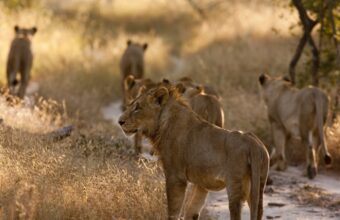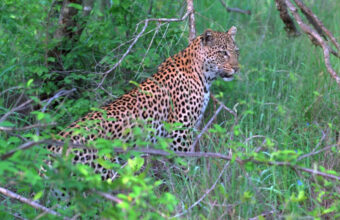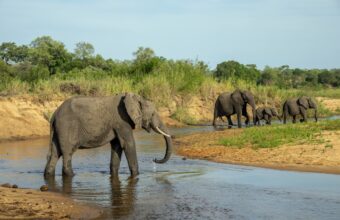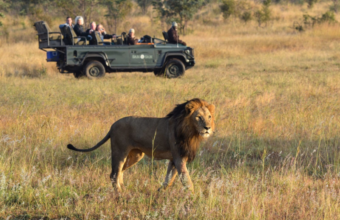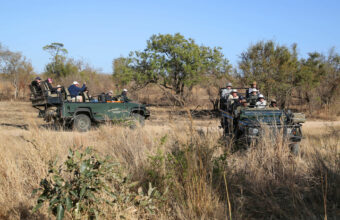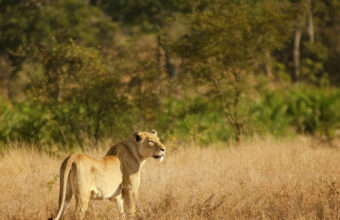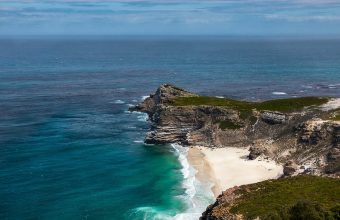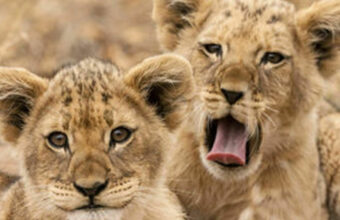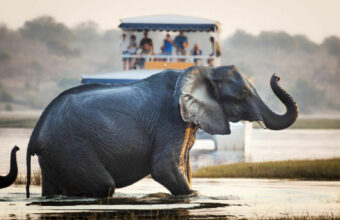The best safaris in Sabi Sands
An expert guide to the best safaris in Sabi Sands
The highlight for high-end South Africa safaris and a place of superlatives, Sabi Sands Game Reserve is in effect a continuation of the massive Kruger National Park, but by anyone’s standards Sabi Sands is no mere Kruger add-on.
This 65,000 hectare reserve is, in many respects, the finest chunk of wildlife-filled wilderness in southern Africa. The choice safari destination in South Africa for the wealthy, Sabi Sands is actually a grouping of smaller private reserves rather than one single entity. And these reserves restrict visitor numbers to the lucky few guests staying at a handful of small and intimate camps.
Sabi Sands is a very upmarket safari destination. Unless you’re able to drop hundreds of US dollars a night on accommodation, you’ll need to look elsewhere as the reserves here are not open to outside visitors. The prices quoted by lodges here might appear astronomical but keep in mind that they generally include all activities, including guided safaris in state-of-the-art vehicles, meals and most drinks, plus the conservation fees that help maintain such wilderness areas.
It’s simply not possible to recommend any particular Sabi Sands camp or lodge over another. All are pretty much perfect in their own way, and the guiding and wildlife sighting at all of them is of equal standard.
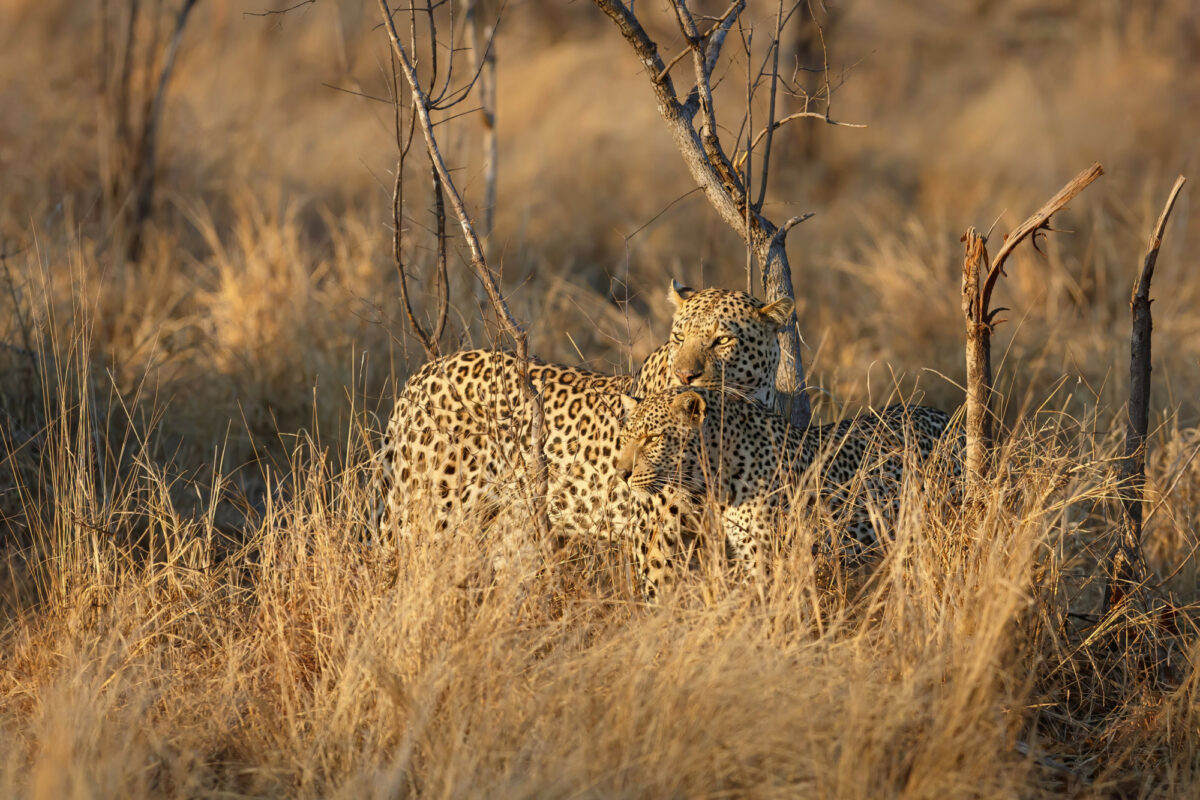
Leopards in Sabi Sands Game Reserve
Best safari camps and reserves in Sabi Sands
Safari camps and private game reserves
If you’ve been fortunate enough to visit one of the private conservancies near Kenya’s Maasai Mara National Reserve, you might think you’ve seen and experienced it all when it comes to pampered luxury. Well, many Sabi Sands camps are at least their equal, and sometimes are even more breathtaking.
When it comes to wildlife, Sabi Sands is equally impressive. All the reserves here are unfenced and co-join with Kruger, which means that the wildlife can slip effortlessly around the ecosystem, and world-class wildlife guides will ensure that you get the most out of this stunning wilderness. If you can afford it, there’s no question that Sabi Sands offers the best safari experience in South Africa.
-
Sabi Sands Game Reserve
View trips -
Sabi Sands Game Reserve
View trips -
Sabi Sands Game Reserve
View trips -
Sabi Sands Game Reserve
View trips -
Sabi Sands Game Reserve
View trips
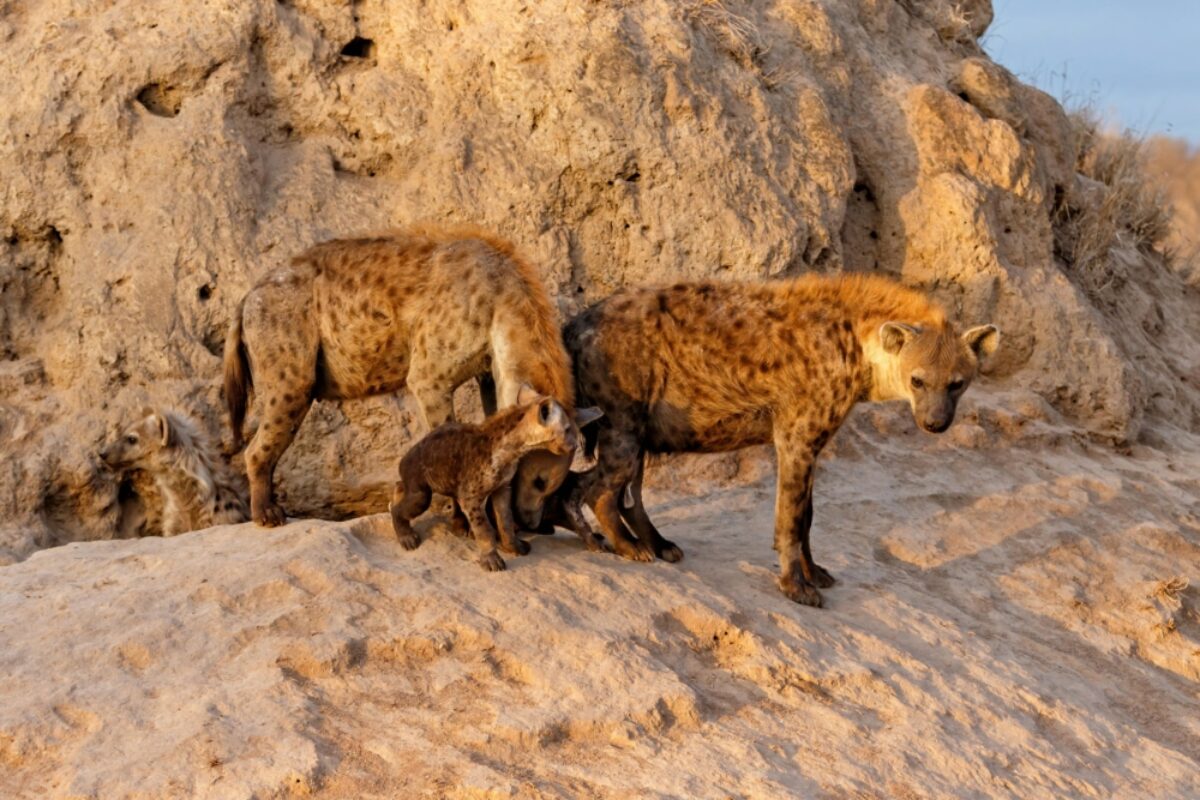
Family of hyena in Sabi Sands Game Reserve
Sabi Sands Wildlife
No matter how glorious the accommodation or how gorgeous the scenery, it’s the wildlife that really counts — and few places in Africa are as good for large mammals as Sabi Sands. Indeed, many a safari expert will tell you that Sabi Sands might just be the best place on the continent in which to see all of the Big Five in a short period of time. What’s more, with visitor numbers restricted and rules on the number of jeeps allowed at any given sighting strictly enforced, it can often feel as if you have many of these animals all to yourself — and this is especially the case in the remoter northern parts of the reserve.
Elephant and lion are commonly seen as are big herds of buffalo. Rhinos are present, but are generally the hardest of the Big Five to track down. Less common, but still seen with some frequency are wild dogs. If they’re denning in the area, then guides will know and you’ll have a good chance of seeing one of Africa’s most successful, but persecuted, predators.
As with Kruger, Sabi Sands has great birdlife, although with less habitat diversity the species count is lower.
When to visit
Key wildlife viewing times are between June and September when the drier winter weather causes animals to congregate around water sources and the March to May rutting season. Overall, June is probably the best month to visit as wildlife activity is intense, but with school holidays yet to begin, it’s less busy and accommodation is cheaper.
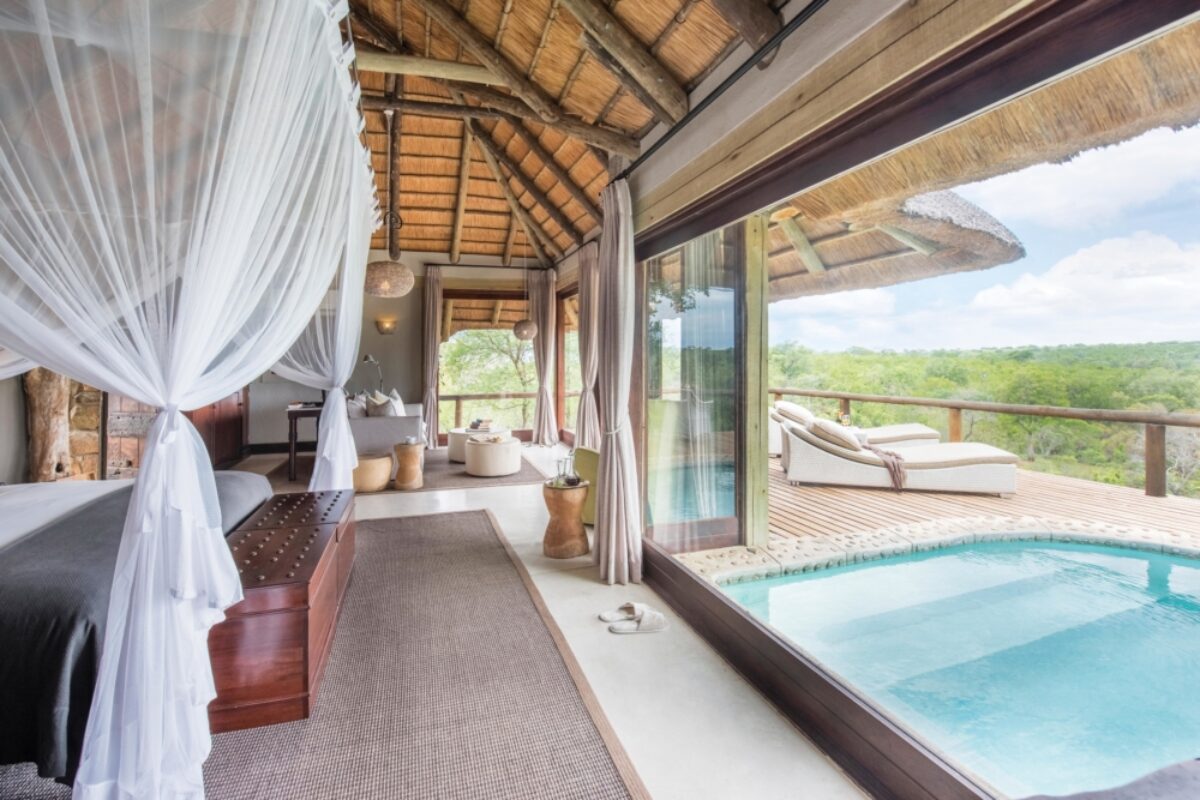
Did you know?
The Sabi Sands reserves basically kick-started the entire private conservation area movement in Africa and some of these reserves have been in operation in some form or another for approaching a hundred years. But Sabi Sands has more than just history on its side, it also has some of the world’s most reliable leopard and other Big Five sightings.

